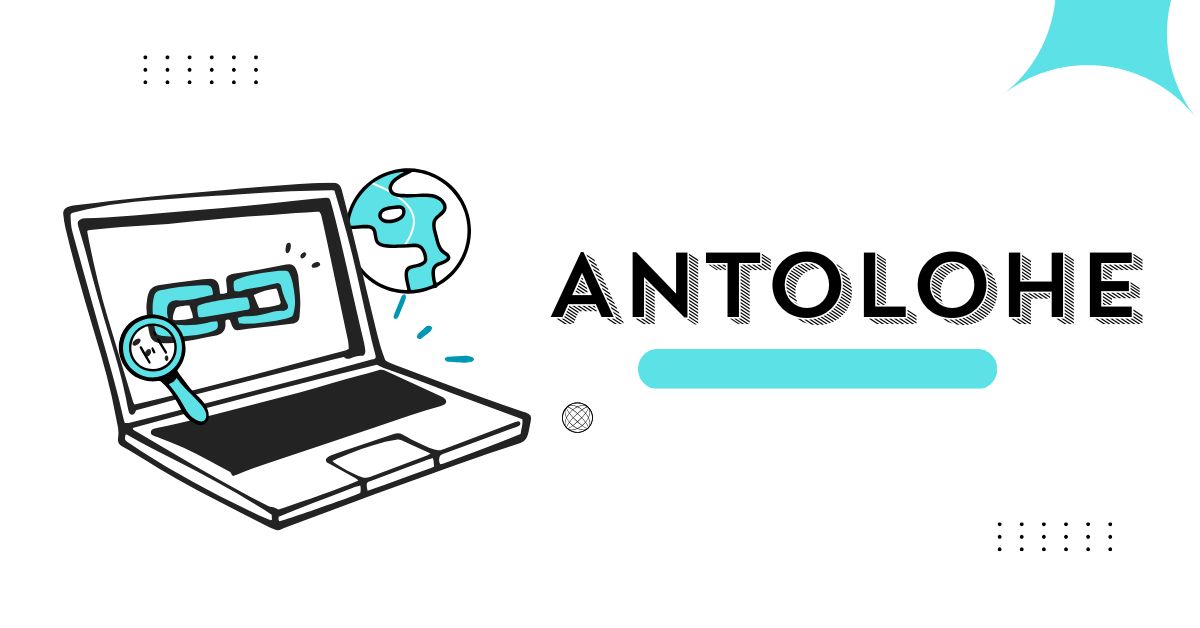The keyword Antolohe has started to appear in online searches, raising questions about what it means and whether the website linked to it is safe. With thousands of new sites created daily, it is common for names like Antolohe to show up without much background information. This creates curiosity, but it also makes people wonder if the site is real, useful, or potentially harmful. Understanding how to approach such websites is essential before engaging with them.
What is Antolohe
Antolohe appears to be an online platform, but there is little verified information about its purpose. No clear description, business details, or ownership records are available. In many cases, websites with little transparency are placeholders, experimental projects, or in some situations, scams. The absence of clear details makes it difficult to determine its legitimacy.
Why People Search for Antolohe
Users come across Antolohe in different ways. Some find it through social media links, while others see it mentioned in forums or shared by unknown contacts. Curiosity drives people to search and learn more, especially when a site looks unfamiliar. But the key question is always whether it is safe to interact with.
How to Check if Antolohe is Safe
When you find a website with little background information, it is important to verify its safety before clicking or using it. Here are a few steps you can take:
-
Check for HTTPS – A secure site should show a padlock symbol in the browser bar.
-
Look for reviews – Search if anyone has shared experiences with the site.
-
Analyze domain details – Tools can show when the site was created and by whom.
-
Scan for risks – Use online security scanners to see if it is flagged as unsafe.
-
Be cautious with data – Do not share personal or payment details without proof of trust.
Risks Linked to Unknown Websites
Sites like Antolohe with little background information often pose risks such as:
-
Fake forms designed to steal your data.
-
Malware or harmful downloads.
-
Collection of personal information without consent.
-
Links that redirect to unsafe external pages.
These risks are common with unverified platforms, so awareness is the best protection.
Best Practices for Online Safety
To protect yourself while exploring unknown sites, follow these habits:
-
Visit only trusted sources for shopping, news, and services.
-
Keep antivirus software and firewalls updated.
-
Use strong, unique passwords for each account.
-
Avoid clicking links in random messages or emails.
-
Backup your data regularly in case of an issue.
What to Do if You Already Used Antolohe
If you interacted with the site and are unsure of its safety, take quick steps:
-
Run a complete scan on your device to check for threats.
-
Change any passwords you entered.
-
Watch your bank and email accounts for strange activity.
-
Clear your browser’s history, cache, and cookies.
Acting quickly reduces the chance of damage.
Conclusion
Antolohe is an unfamiliar online name with little public information available. While it may be harmless, the lack of details means you should approach it carefully. Always check for security signs, research reviews, and avoid sharing sensitive information until you confirm a website’s credibility. By following safe browsing practices, you reduce risks and keep your online presence secure.
